On laws made of paper: Kurtuluş Baştimar represents Anas al Mustafa
Kurtuluş Baştimar is a lawyer for international human rights. As such, he represents journalists, human rights activists and political prisoners from Iran, Turkey, Vietnam, Cuba and other countries. He never pursued the idea of studying national law, he reveals in the interview. He considered it makes little sense to study Turkish law in particular, as it is too often bent or not adhered to anyway. This also plays a role in his current case.
He has been representing Anas al Mustafa for about three months in his case against the Turkish Migration Office before the Administrative Court “His case is similar to that of the Iranian activist Nasibe Shamsaei,which I have already won: Turkey had to stop its deportation to Iran,” he describes. At the same time, he had never experienced such a case as that of al Mustafa. There were formal mistakes made, there was a lack of evidence and the legal basis to legitimize the actions of the Turkish authorities.
Domestic trial for winning time
The lawyer describes al Mustafa’s case as difficult. He is labeled as a threat to national security, although no evidence has been cited so far. But even without a solid basis, this accusation complicates the court proceedings in the country. Therefore, Baştimar has now brought a second level into play: the UN Working Group against Arbitrary Detention. “The trial before the Turkish court only helps us to gain time. We know that there will be no solution at the national level: there are no independent institutions in the country,” he describes the tactic. In addition, it is formally necessary to first conduct proceedings before a national court before involving the international level.
As long as this procedure is ongoing, there should also be no further deportation. At least in theory. “Turkey is not safe for Anas. I cannot guarantee that he will not be arrested and deported,” Baştimar points out. Theory and practice diverge here. After all, the official reason for the first deportation was already based on a paragraph that did not exist at all. “This is the first time I’ve experienced something like this. That surprised me,” says Baştimar. He sees al Mustafa’s commitment in the field of humanitarian aid as cause of the action against his person and emphasizes with a view to the approximately many millions of Syrians in the country: “The majority has the right to stay. But with Anas they say: He is a danger.”
No way to defend
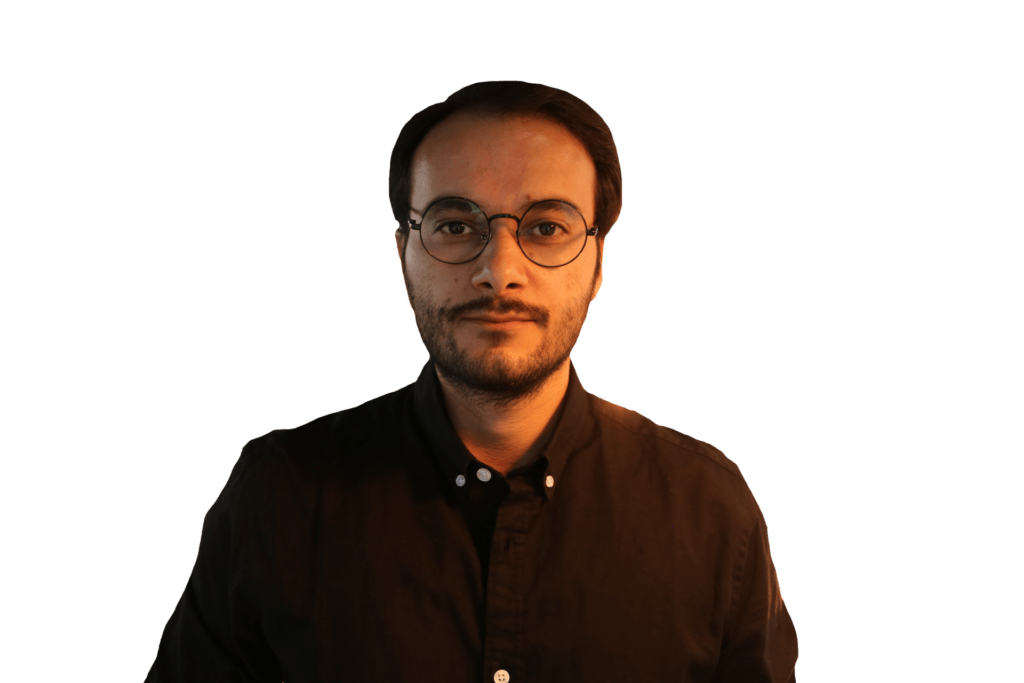
However, the Turkish side has not yet provided any evidence for these accusations. Additionally, al Mustafa had no opportunity to defend himself against the accusations before and after his deportation. “What I find most problematic is that the police at the border said they were choosing a crime for him and it didn’t matter,” he notes. Subsequently, he was accused of a voluntary return to Syria.
This is exactly where Baştimar sees further violations of rights on the part of Turkey – in two aspects. On the one hand, Syrians would have the right to ask for protection again even after voluntarily returning to their country of origin. “But Turkey said he has no right to stay. He will be arrested and deported,” the lawyer said. It does not matter whether the border crossing was legal or illegal. In addition, Syrians from Turkey are allowed to travel to Syria on holidays and on special occasions and from there could return to Turkey without legal restrictions. “This is huge discrimination for Anas,” he notes.
Hope for a visa in Italy
Nevertheless, Baştimar advises his client to be cautious until the case is finally resolved. He reckons on a good chance that the UN working group will decide in his favor. The date for this will be announced soon. With the attention of the international community, illegal deportation should then be off the table. This is because the UN body cannot enforce its decisions, even if its decisions should in theory be more important than national court decisions. That Turkey will follow international jurisprudence in this case – unlike the human rights activist Osman Kavala or the Kurdish politician Selahattin Demirtaş – he sees in al Mustafa’s lower level of awareness: “With ordinary people, there is a different approach.”
Baştimar is working at the same time to obtain an Italian visa for al Mustafa. There he could get a job at a human rights organization that had already supported him in his activities in Turkey. Then the court proceedings in Turkey would no longer be of importance.
Vorgeschlagene Beiträge
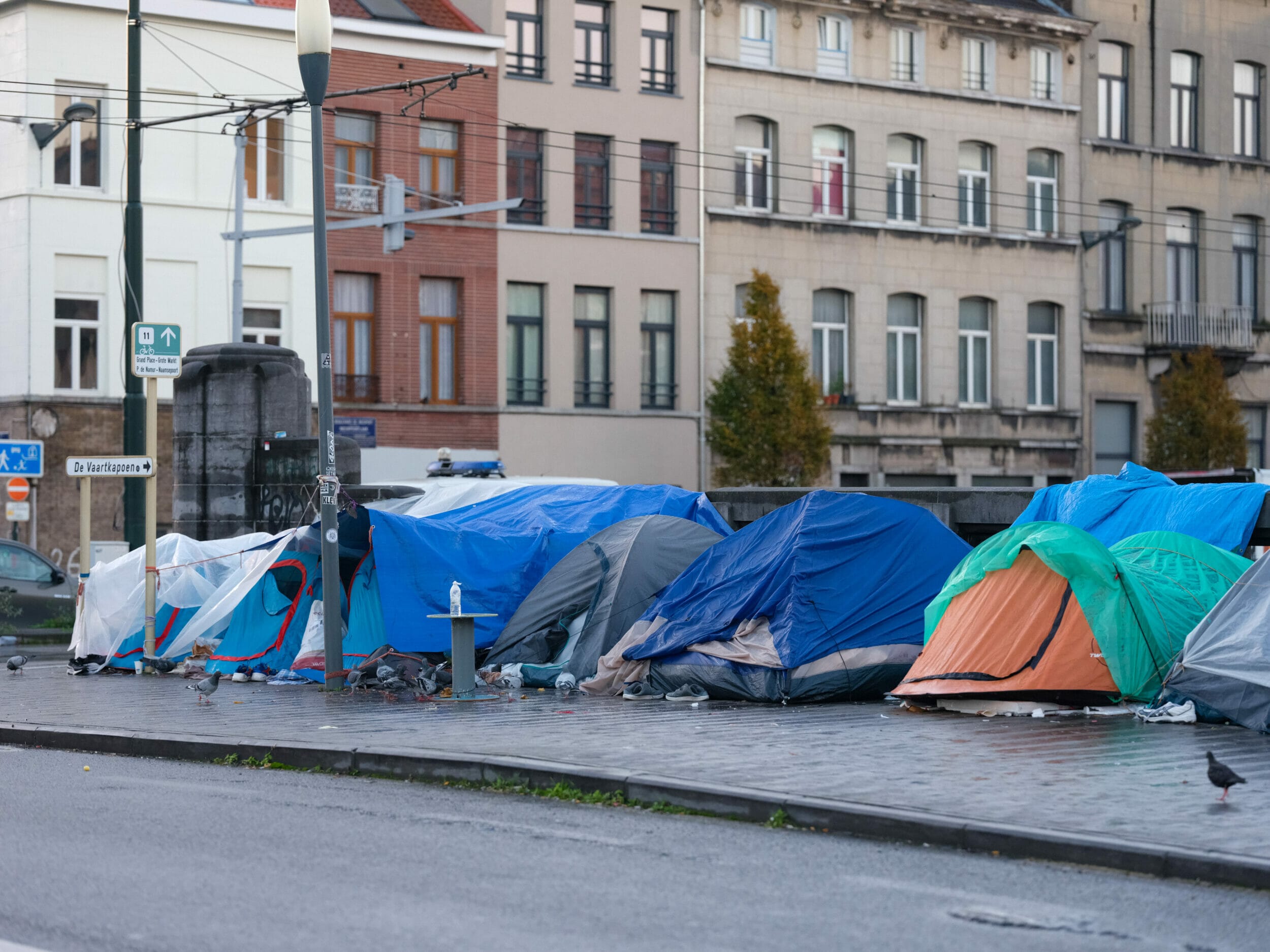
Brussels’ humanitarian crisis: seeking asylum, being homeless – in the heart of the EU
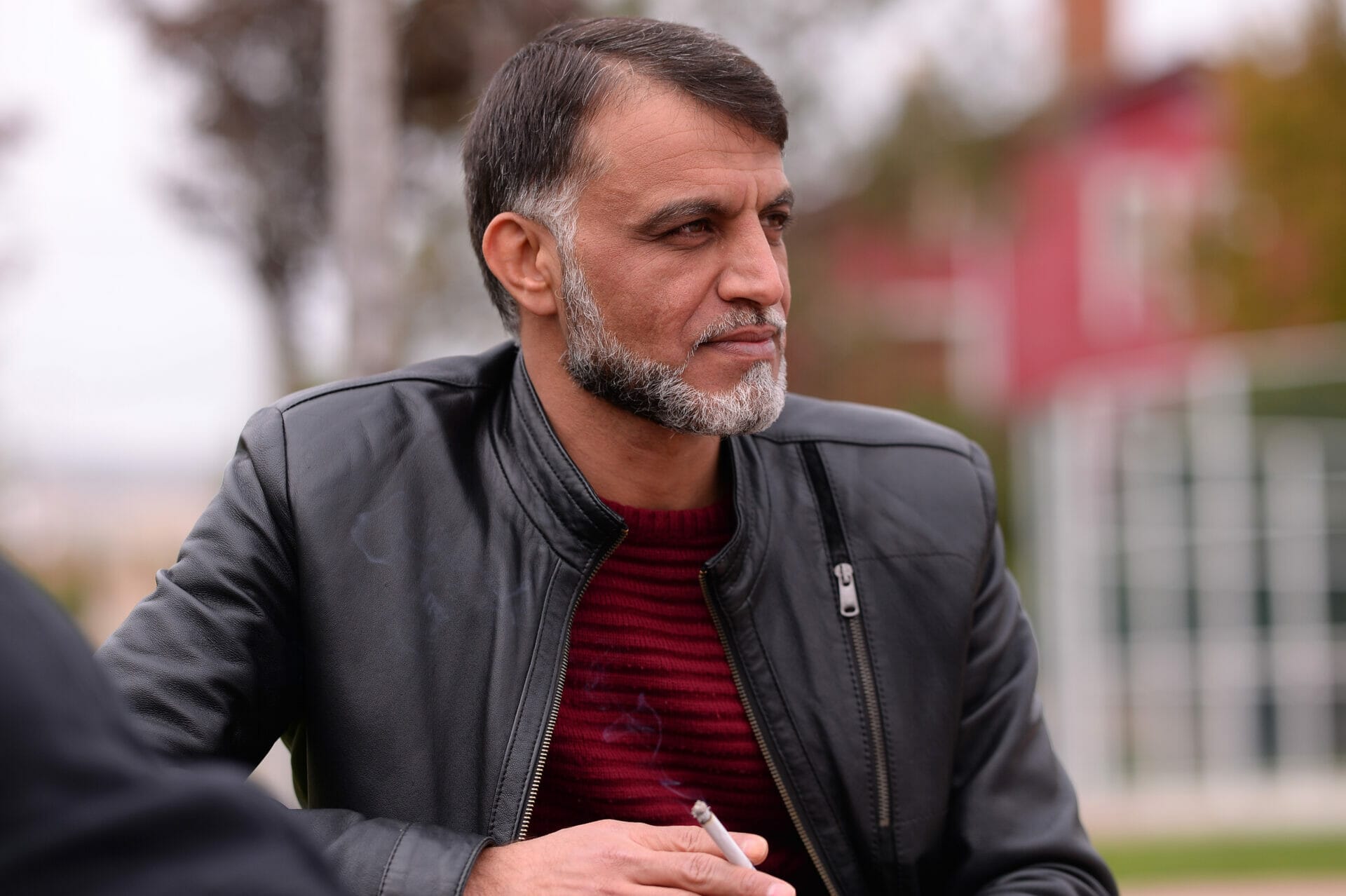
Fighting Windmills: Anas al Mustafa and the Turkish State
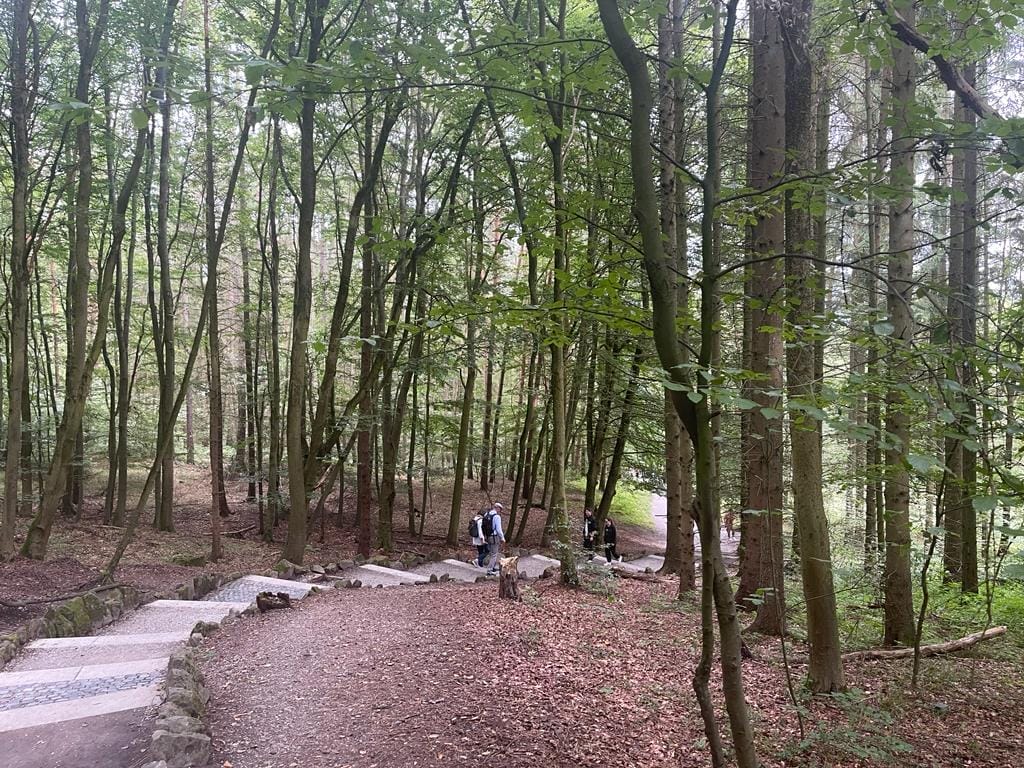

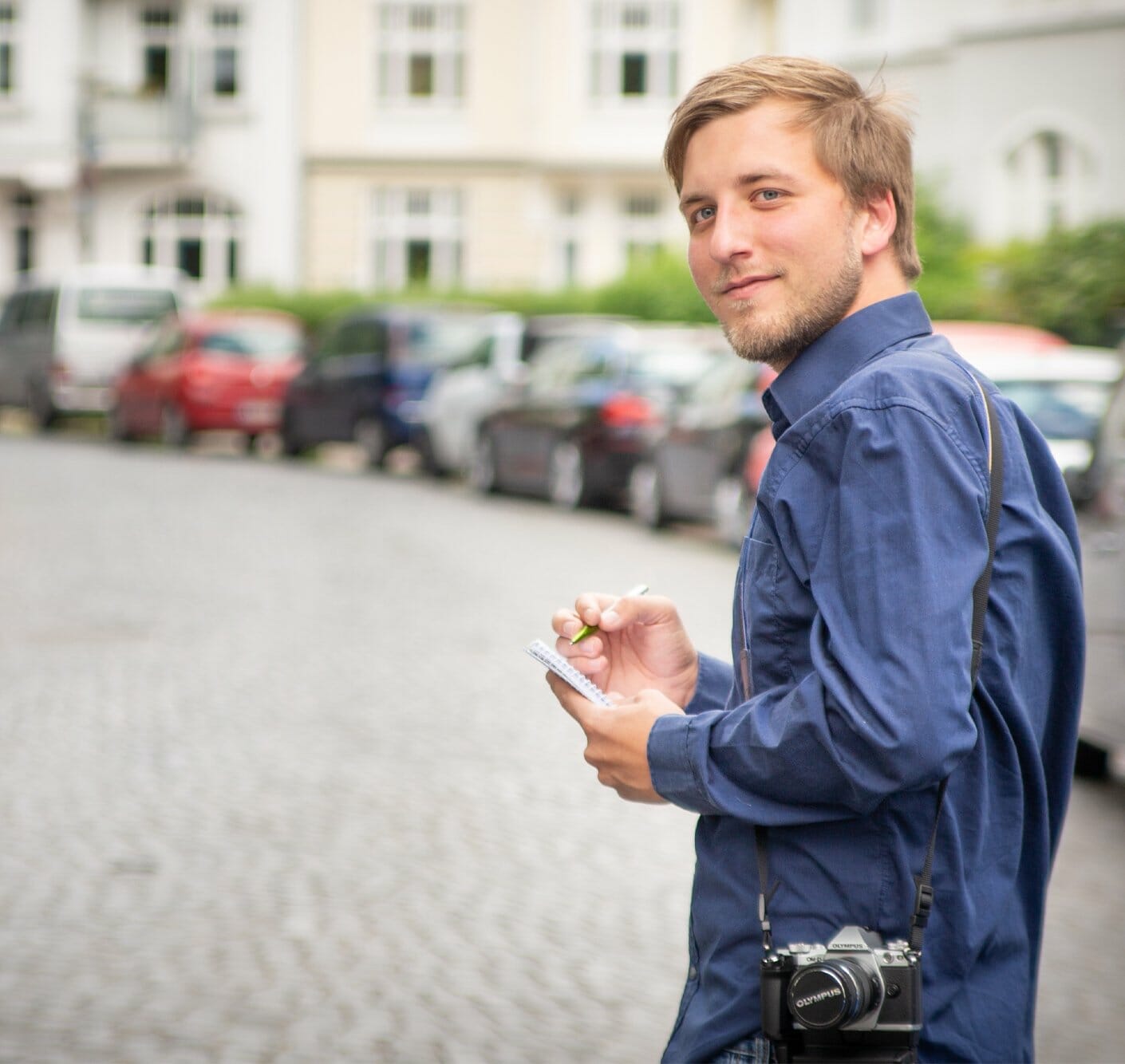
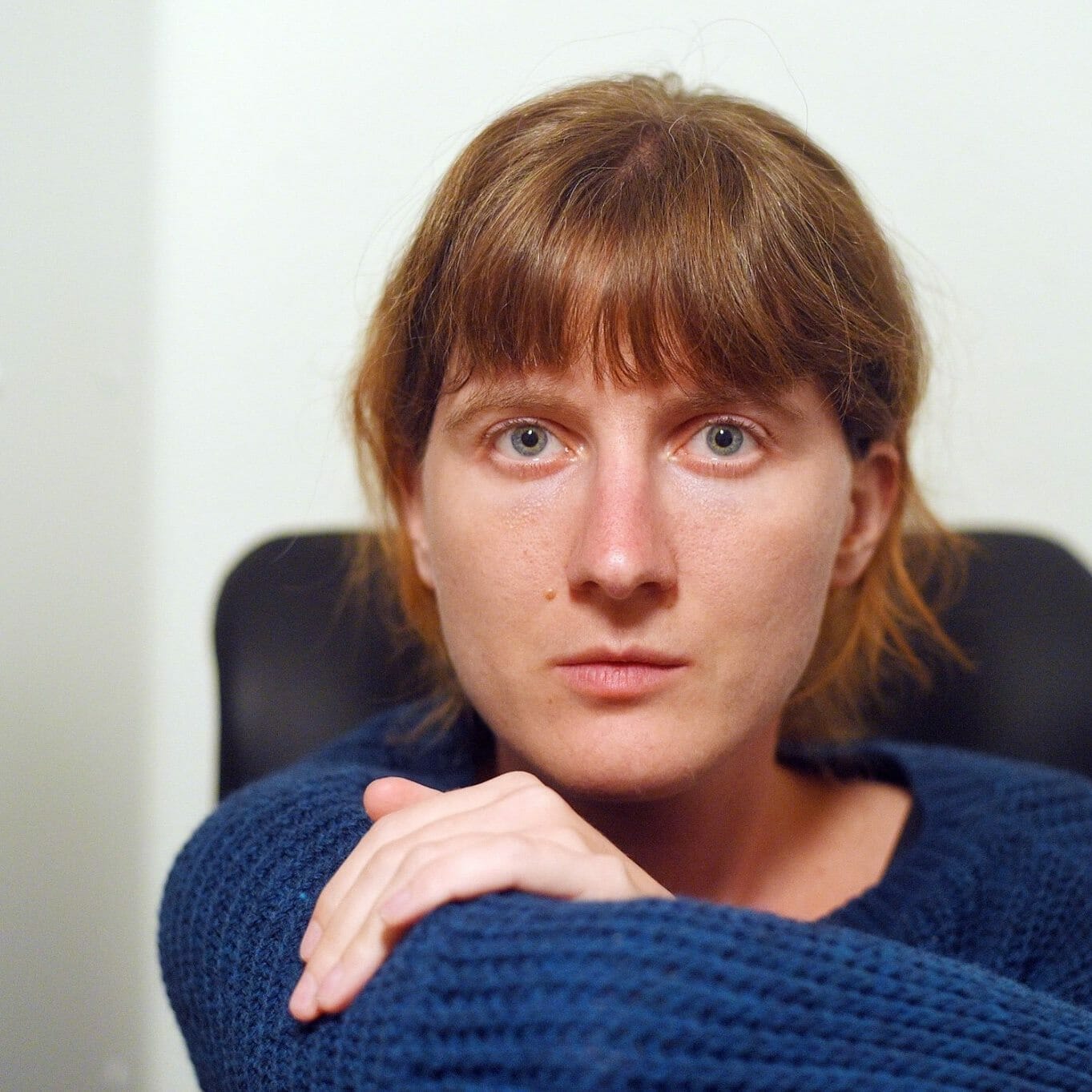
Leave a Reply
You must be logged in to post a comment.